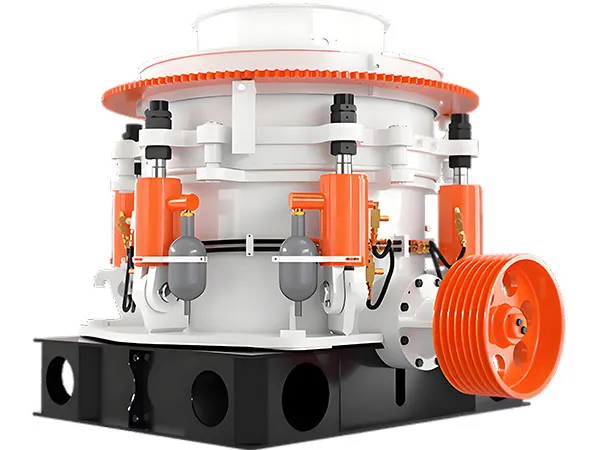In the field of crushing equipment, jaw crushers and impact crushers are two of the most commonly used machines. Both play vital roles in mining,construction, and recycling industries, but they operate in very different ways and are suitable for different applications.
A jaw crusher is primarily designed for the first stage of crushing, handling large and hard materials such as granite, basalt, and ores. It works by compressing rocks between a fixed and a movable jaw plate, producing a more uniform and relatively coarse output.
On the other hand, an impact crusher is typically used for secondary or fine crushing.It reduces material size by using high-speed impact force, making it ideal for softer or medium-hard stones like limestone and concrete. The impact crusher produces more cubic-shaped particles,which are widely preferred in construction and road building.
Differences Between Jaw Crusher and Impact Crusher

Jaw Crusher
A jaw crusher operates by compressing material between two jaws, one fixed and one movable. The material is fed into the top of the crushing chamber and is crushed as the movable jaw oscillates towards the fixed jaw.
The crushed material then falls through the bottom opening.
Key Characteristics:
Crushing Principle: Compression.
Material Suitability: Ideal for very hard, abrasive materials like granite, basalt, and various ores. They are known for their robustness and ability to handle tough, uncrushable materials.
Product Shape: Produces a more angular, flaky, and less uniform product.
Maintenance: Generally lower maintenance costs due to fewer wearing parts and simpler design.
Wear Parts: The main wear parts are the jaw plates, which are typically made from manganese steel.
Capacity: Can handle very large feed sizes.
…
More detailed information on tunnel lining quality control methods can be found at: https://www.yd-crusher.com/a/news/differences-between-jaw-crusher-and-impact-crusher.html


